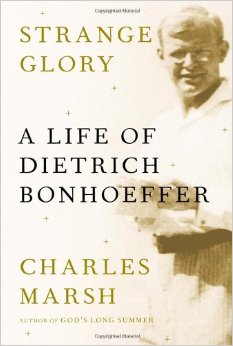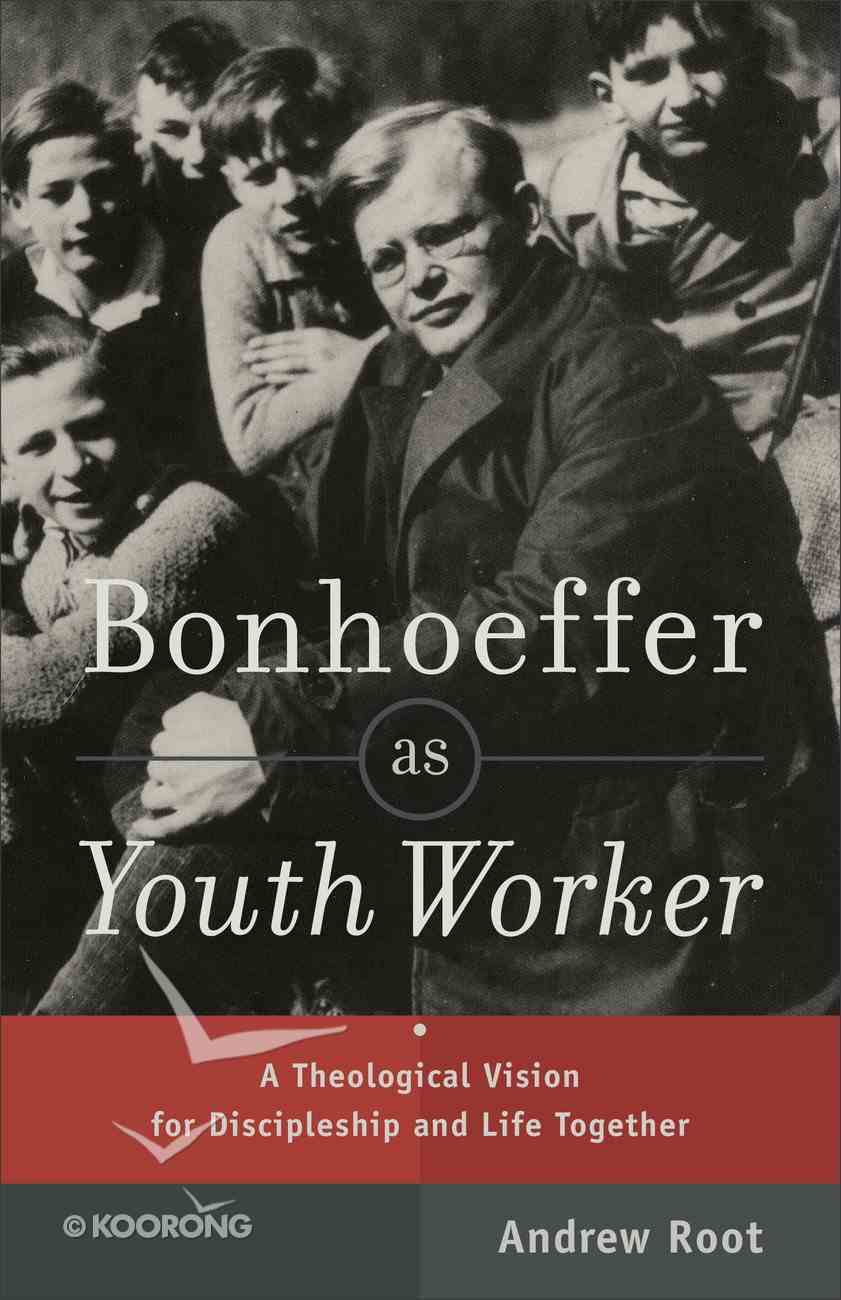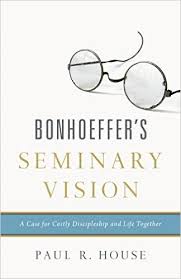 When I am on my bike or on the train or doing some housework, I often listen to audio books. Mostly I have listened to fiction, but I recently began listening to other genres, including this wonderful biography by Charles Marsh: Strange Glory: A Life of Dietrich Bonhoeffer (New York: Knopf, 2014), 528pp.
When I am on my bike or on the train or doing some housework, I often listen to audio books. Mostly I have listened to fiction, but I recently began listening to other genres, including this wonderful biography by Charles Marsh: Strange Glory: A Life of Dietrich Bonhoeffer (New York: Knopf, 2014), 528pp.
I cannot write a review of the book because listening, especially when doing something else, means I do not give the book my undivided attention. Nor can I provide page numbers or citations. Yet I thoroughly enjoyed this biography and intend some time to read the book itself.
So what did I enjoy? Strange Glory was well written and beautifully read by Paul Hecht. It covered the whole life of Bonhoeffer with a great deal of detail, insight and connection. It presented Bonhoeffer as a complicated human being, brilliant and needy, a member of the privileged elite with a great concern for the common man. It was theologically rich and informed, not compromising the depth of Bonhoeffer’s thought in the telling of his story. It relied extensively on primary texts, especially the letters and journals of Bonhoeffer himself. It provided an entrée into Bonhoeffer’s personal thought and relationships, his prejudices and commitments, his loves and affections, his misgivings, self-doubts (at times) and determinations. It charted his development as a person, churchman and theologian across the course of his life. It explored his dedication to the ethical character of the Christian life without reducing Christianity to ethics.
Much discussion surrounding Marsh’s book concerns the author’s portrayal of Bonhoeffer as gay, as in love with his friend, confidante and confessor Eberhard Bethge. He does not assert that the two friends had a sexual relationship, but that Bonhoeffer, at least, was in love. Marsh does provide many details to support his case, though whether his argument is convincing is disputed amongst reviewers. I am not sufficiently acquainted with Bonhoeffer to make a firm determination on the matter—is anyone?—but I am not wholly convinced by Marsh. In the end, the issue is peripheral and should not detract from the major aspects of his story.
Far more important in my estimation, is the portrayal of Bonhoeffer as a man of great passion and compassion in addition to his penetrating intellect. Despite his elitism and eccentricities, he loved those he ministered to, struggled to find his place in the world of German Christendom, and was amongst the first to understand that the Nazi oppression of the Jews was a betrayal of the gospel. His life exemplified both the “cost of discipleship” as well as a fulsome embrace of the delights of the world and culture. One of the most interesting aspects of the story for me, and something I want and need to return to, was the way that Marsh was able to correlate Bonhoeffer’s Finkenwalde “experiment” with the theological development that occurred in the prison years. Bonhoeffer’s “religionless Christianity” constituted new growth in the field of his thought, but not disjunction with that which preceded it.
Anyone interested in Bonhoeffer’s life and theology will gain much benefit from this extensively researched biography. Formal reviews of the book can be found at First Things, the Gospel Coalition, the New York Times, and the usual theological journals.



 The book promises to be a rich and rewarding read not only for youth ministers, but for all who love and serve in the church. The
The book promises to be a rich and rewarding read not only for youth ministers, but for all who love and serve in the church. The 